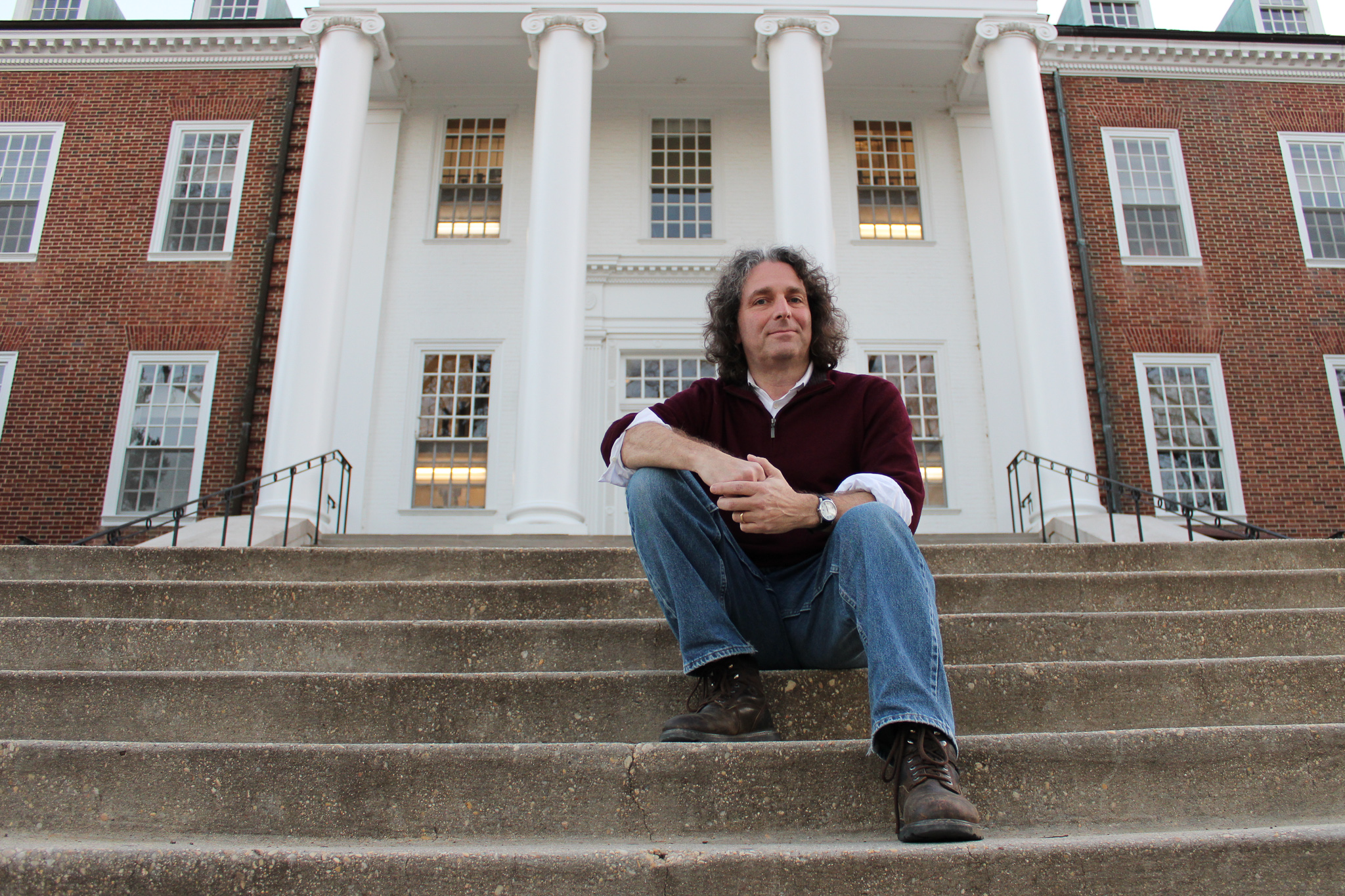The recent rise of advanced artificial intelligence chatbots such as ChatGPT has forced professors and universities across the country to rethink their curricula.
Many professors have banned its use in their classrooms over cheating concerns — but University of Maryland linguistics professor Philip Resnik took a different approach, giving students a chance to use AI with a purpose.
“I decided that rather than simply having a policy that would forbid the use of this kind of technology … I decided to kind of embrace it and incorporate it into the class,” Resnik said.
Resnik is among faculty and students at the University of Maryland exploring the potential impacts of artificial intelligence chatbots on academic integrity. Some professors have already modified their syllabi to prevent the usage of AI on assignments. Others, such as Resnik, are testing ways to implement AI in their classrooms as learning tools.
Under Resnik’s AI use policy in his class on understanding language, students are allowed to use AI on an assignment as long as they admit they used it, submit a complete description of the prompts they used and an analysis of what the bot did and didn’t do well.
[UMD student turns interest in AI prompting into beginner course]
“It’s not a substitute for them to do an assignment,” Resnik said. “Instead, it’s a way of broadening the experience of doing it in a way that would have teaching value.”
His course is about understanding language from multiple perspectives including a technological one, so the AI policy will allow students to be “hands-on” with such technology, Resnik said.
Senior government and politics major Alex Pugg said professors have more awareness about AI than they did last semester. His comparative politics professor instructed students not to use ChatGPT on assignments — but Pugg said the technology could be useful to help learning if not used for outright plagiarism.
“I think it’s definitely good to help kids who are showing up to class, especially [if] the professor can’t articulate what he’s trying to teach them,” Pugg said.
Jennifer King Rice, this university’s senior vice president and provost, said the university is meeting with academic leaders to discuss how to navigate AI and instruction, but did not list any specific changes to the academic integrity policy.
[Maryland lawmakers expand USM unionization push to include faculty members]
“AI is here to stay and we will leverage our campus wide expertise to adapt accordingly,” King wrote in an email to The Diamondback.
Resnik, the linguistics professor, said AI has irreversibly changed the educational landscape, and policies and discussion of ChatGPT will be unavoidable going forward.
Hal Daumé, a computer science professor at this university, said instructors conversations about AI aren’t new, especially in the computer science field with programs such as Codex, which autocompletes programming prompts.
Many professors will probably default to banning the use of AI in their classrooms, Daumé said, but he hopes instructors can integrate them as learning supplements.
“It lets you get feedback and update your essay or your thought process quickly without having to wait for TA or professors to give you feedback,” Daumé said. “I could see that as being a positive outcome, analogous to the advantages of auto-graded things, with the caveat that there are also disadvantages to auto-graded things.”



